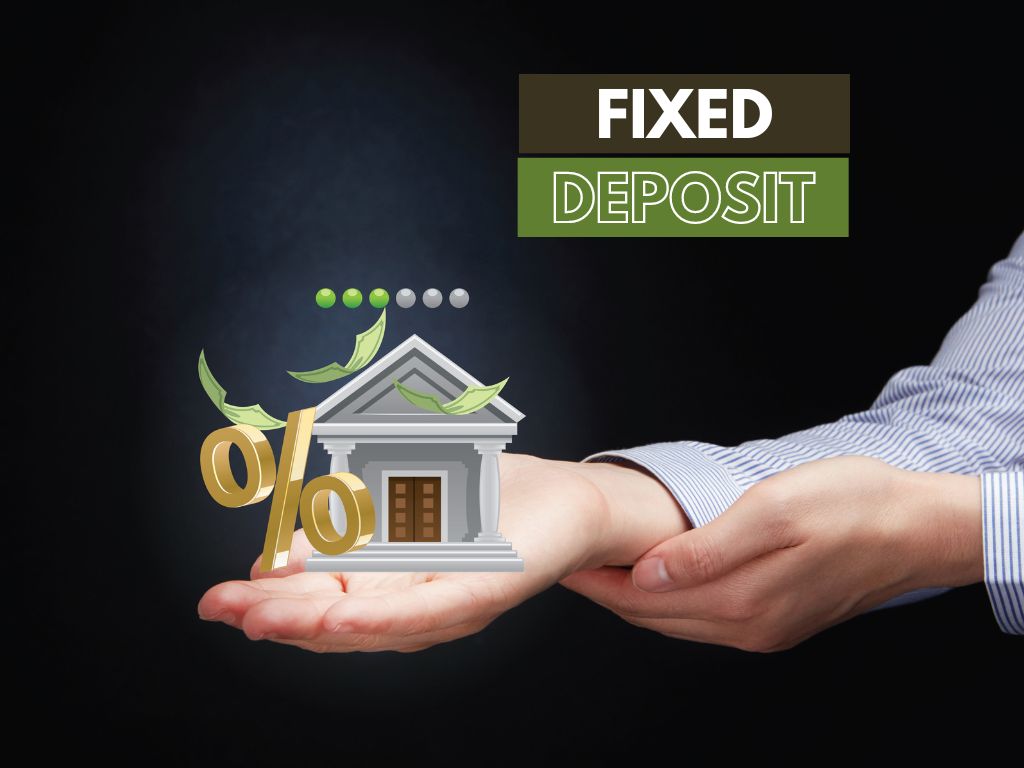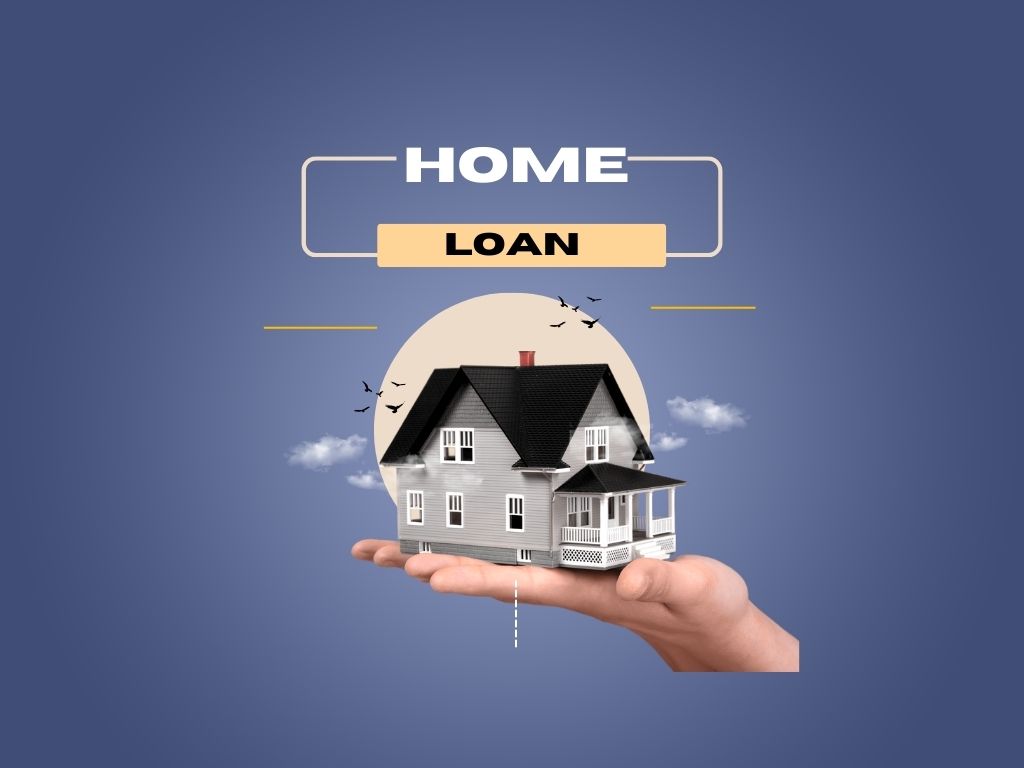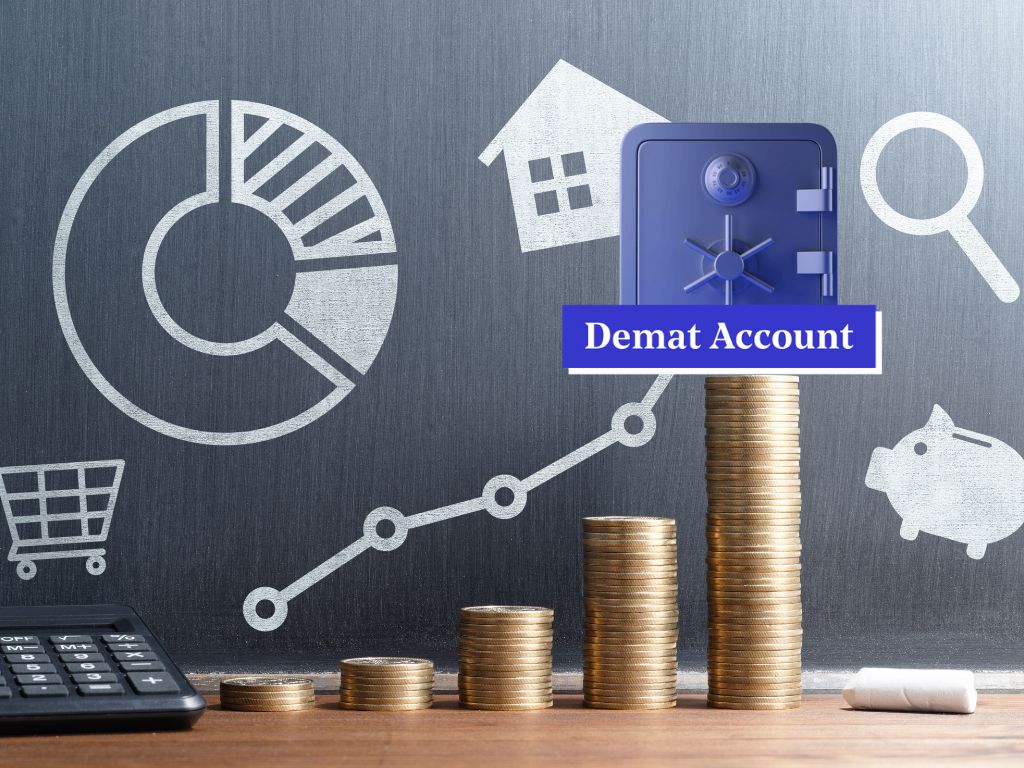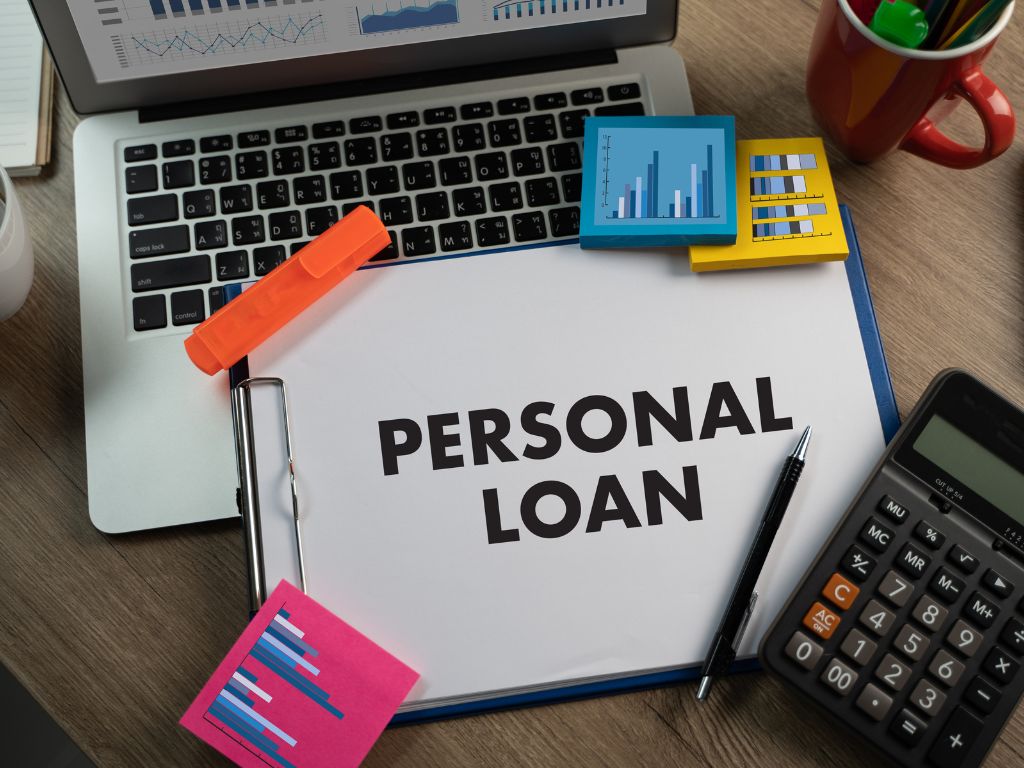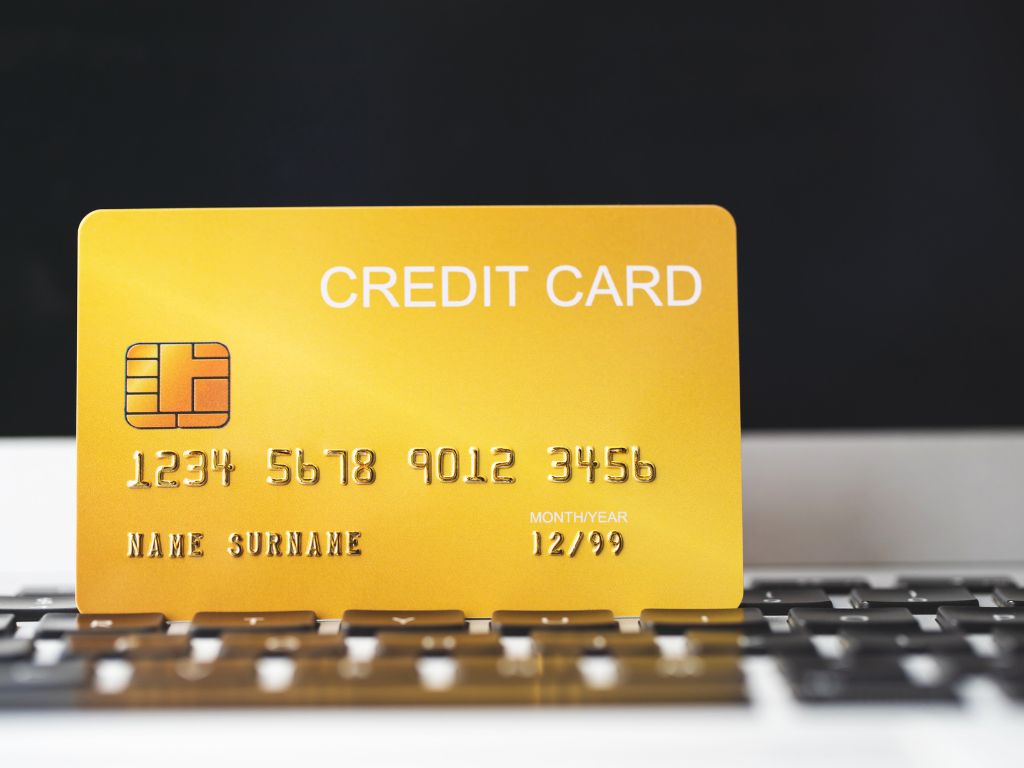How to Improve Your CIBIL Score: A Comprehensive Guide
A good CIBIL score is crucial for securing loans and credit cards at favorable terms. If your CIBIL score is low, it's time to take action to improve it.
Here's a comprehensive guide to help you boost your CIBIL score:
Understanding Your CIBIL Score
A CIBIL score is a three-digit number that ranges from 300 to 900. It reflects your creditworthiness, assessing your ability to repay debts on time. A higher CIBIL score indicates a lower risk to lenders, making it easier to secure loans and credit cards at competitive interest rates.
Factors Affecting Your CIBIL Score:
Several factors influence your CIBIL score:
1. Payment History : Timely payments on credit cards, loans, and utility bills significantly impact your score. Late or missed payments can negatively affect it.
2. Credit Utilization Ratio : This ratio measures the amount of credit you've used compared to your total credit limit. A lower utilization ratio is generally better.
3. Credit Mix: A diverse credit mix, including credit cards, personal loans, and home loans, can positively impact your score.
4. Credit Inquiries: Excessive credit inquiries can lower your score. Limit the number of applications you make within a short period.
5. Public Records: Any public records, such as bankruptcies or defaults, can severely damage your score.
How to Improve Your CIBIL Score:
1.Pay Bills on Time :Set up automatic payments to avoid missing deadlines. Use online banking or mobile apps to track due dates and make timely payments.
2.Maintain a Low Credit Utilization Ratio :Aim to keep your credit utilization ratio below 30%. Pay off your credit card balances in full each month. Avoid maxing out your credit cards. A high credit utilization ratio signals to lenders that you may be overburdened with debt, which can lower your score.
3.Diversify Your Credit Mix :Consider taking on a mix of credit products, such as a personal loan or a home loan. However, ensure you can manage multiple debts responsibly. A healthy credit mix shows lenders that you are capable of handling various types of debt.
4.Limit Credit Inquiries :Avoid applying for multiple credit cards or loans simultaneously. Only apply when you genuinely need credit. Multiple inquiries within a short time frame can make you seem desperate for credit, negatively impacting your score.
5.Dispute Errors on Your Credit Report :Regularly review your credit report for inaccuracies. If you find any errors, dispute them with the credit bureau. Sometimes, mistakes in the report can lead to a lower score, so correcting them can help boost your score.
6.Consider a Credit Builder Loan :A credit builder loan can help you establish a positive credit history. You make regular payments into a savings account, which you can access once the loan is repaid. This approach helps you build credit over time.
7.Be Patient :Improving your CIBIL score takes time. Consistent responsible financial behavior is key. While it may take a few months, steady progress will eventually show on your credit report.
You can check your CIBIL score online through various methods:
1.CIBIL's Official Website:Visit the CIBIL website and follow the instructions to order your credit report.2.Bank Websites and Mobile Apps:Many banks offer CIBIL score checking services to their customers.
3.Third-Party Credit Information CompaniesSeveral companies provide CIBIL score checking services for a fee.
Checking your score regularly helps you track improvements and identify any issues that need attention.
CIBIL Score Requirements for Different Loans
The required CIBIL score varies depending on the type of loan and lender:
1. Home Loans: A CIBIL score of 750 or above is ideal for favorable interest rates.
2. Personal Loans: A CIBIL score of 700 or above is generally preferred.
3. Car Loans : A CIBIL score of 700 or above can help you secure better deals.
4. Credit Cards: A CIBIL score of 700 or above can make it easier to get approved for high credit limits and low-interest rates.
Instant Loans Without CIBIL Score
While instant loans without a CIBIL score are possible, they often come with higher interest rates and stricter eligibility criteria. Some lenders may consider factors like income, employment stability, and existing loan obligations to assess your creditworthiness.
If you are looking to take out a loan but have a low CIBIL score, it’s essential to work towards improving your score. By following these tips and maintaining responsible financial habits, you can significantly improve your CIBIL score and unlock a wide range of financial opportunities.
